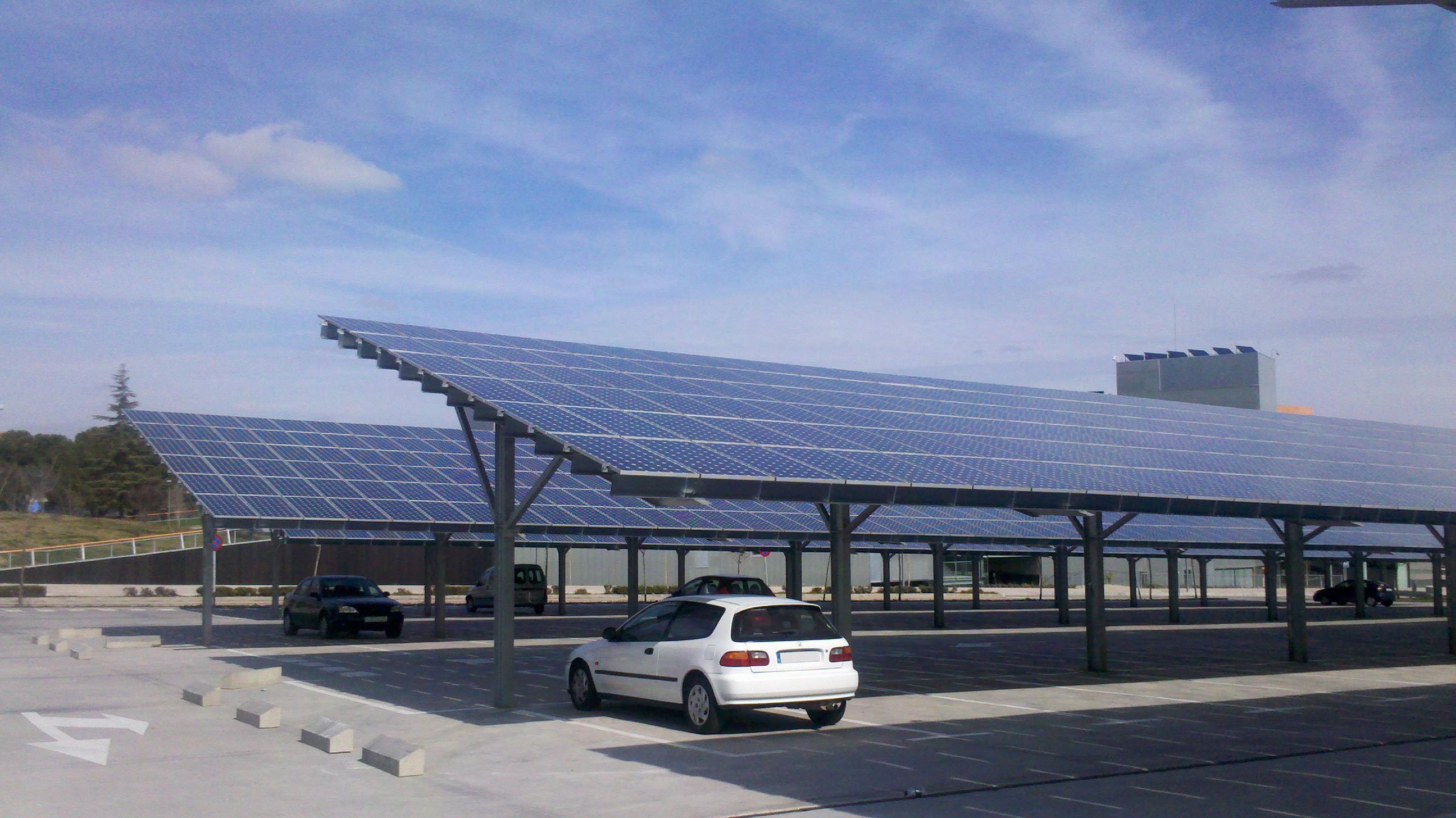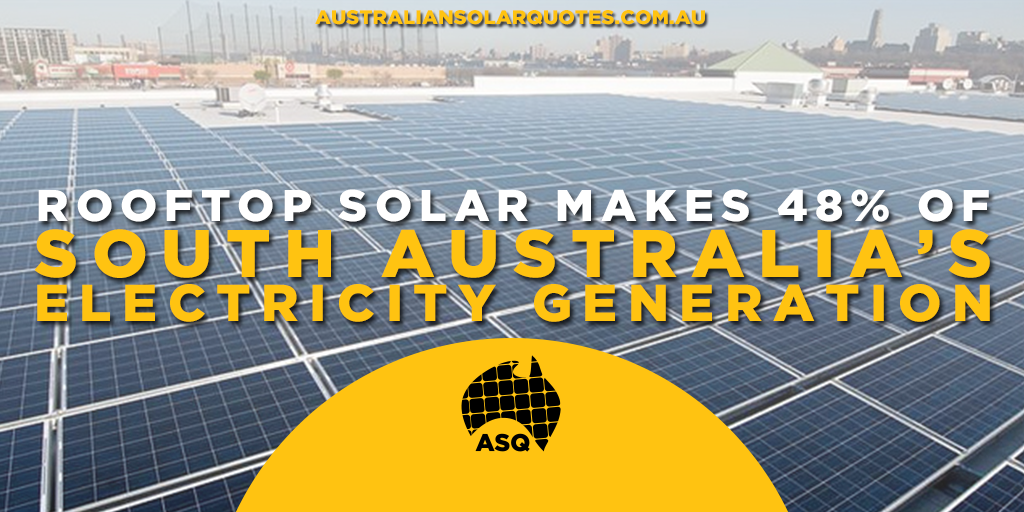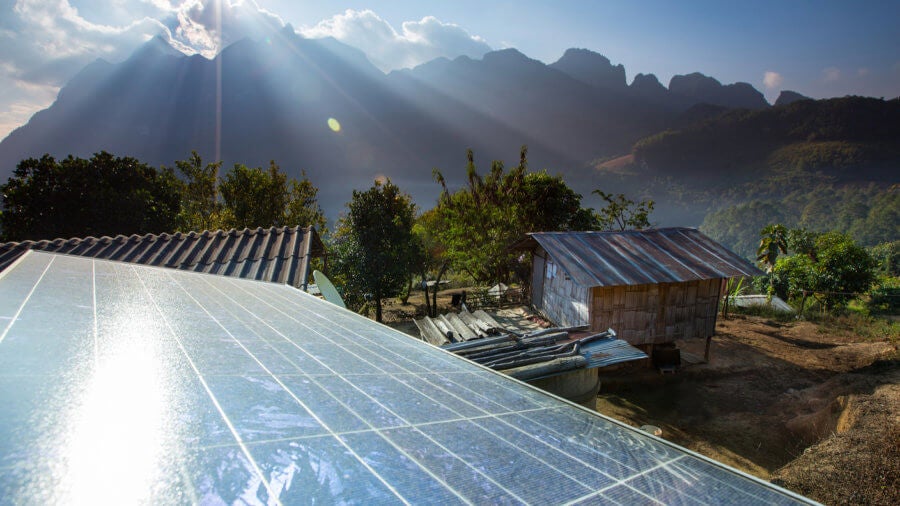In today’s world, the importance of sustainable energy sources cannot be overstated. As concerns about climate change and dwindling fossil fuel reserves continue to grow, there is a pressing need for renewable energy alternatives. Among these alternatives, solar energy stands out as an incredibly promising option.
In this article, we will explore the best solar markets around the globe, their benefits, challenges they face, and what the future holds for this booming industry.
Introduction to Solar Energy
Solar energy is a clean and abundant source of power derived from the sun’s radiation. It can be harnessed through technologies like photovoltaic panels or solar thermal systems.
Choosing solar energy offers numerous benefits, including its renewable nature, environmental friendliness with no greenhouse gas emissions, reduced electricity costs over time, energy independence from utility companies, and job creation in various sectors.
Solar power provides a sustainable solution for individuals and businesses seeking cost savings and a greener alternative.
Global Solar Market Overview
The global solar market has grown rapidly in the past decade, driven by technology advancements and a focus on environmental sustainability. Key countries leading in solar adoption include China, the United States, India, and Japan. These nations have implemented favorable government policies and incentives to encourage solar energy investment.
Feed-in Tariffs (FiTs), Net Metering, tax credits/grants, and Renewable Portfolio Standards (RPS) are examples of such initiatives. These efforts aim to promote renewable energy integration, reduce carbon emissions, and create a more sustainable future.
Emerging Solar Markets
The solar industry is booming, and several emerging markets offer promising opportunities for future growth. Countries like Australia, Mexico, Brazil, and the United Arab Emirates are making significant strides towards adopting solar energy and diversifying their energy sources.
Australia benefits from abundant sunshine and rising electricity prices, making it an ideal location for solar energy development. With a target to generate 50% of its electricity from renewables by 2030, Australia has attracted investments in large-scale solar projects.
Mexico has set ambitious targets for renewable energy and provides a favorable regulatory environment that attracts significant investment in solar projects. The country’s geographical location and ample sunlight make it a strong contender in the global solar market.
Brazil boasts a high solar irradiation potential and aims to reduce reliance on hydropower through increased adoption of solar energy. With government initiatives such as tax incentives and auctions for renewable energy projects, Brazil is experiencing significant growth in utility-scale solar farms.
Despite being an oil-rich nation, the United Arab Emirates (UAE) is investing heavily in solar power to diversify its energy sources. The UAE recognizes the importance of sustainability and aims to meet growing electricity demand while reducing greenhouse gas emissions.
These emerging markets present attractive opportunities for investors looking to capitalize on the growing demand for clean, renewable energy. With supportive government policies, favorable natural conditions, and a commitment to sustainability, these countries are poised to shape the future of the global solar market.
Challenges in the Solar Industry
The solar industry faces several challenges for sustained growth:
Intermittency & Storage: Solar power generation is intermittent, relying on weather conditions. Developing efficient storage solutions is crucial for continuous power supply.
High Initial Costs: The cost of solar panels has decreased, but the initial investment can still be prohibitive for some individuals or businesses.
Grid Integration & Infrastructure: Integrating large-scale solar installations into existing grids poses technical challenges that require infrastructure upgrades.
Regulatory Uncertainty: Frequent changes in government policies create uncertainty and hinder long-term investments in the solar market.
Future Outlook for the Solar Market
Advancements in solar technology are driving down costs and improving efficiency, making the future of the global solar market bright. Governments worldwide are committed to supporting renewable energy initiatives due to concerns about climate change and the need for sustainable energy sources.
Emerging economies, with their investments in renewable energy infrastructure and favorable policies, are becoming attractive destinations for foreign investors seeking new opportunities in the solar industry. These countries, such as India, China, Brazil, and Mexico, have large populations and increasing energy demands.
Technological innovation continues to enhance solar panel efficiency and reduce production costs. This trend, coupled with government incentives like tax credits and feed-in tariffs, is driving consumer demand and ensuring long-term growth prospects for the solar industry.
As awareness of climate change grows globally, consumers are embracing clean energy alternatives. Residential rooftop installations are gaining popularity as homeowners recognize the environmental benefits and potential cost savings of generating their own electricity.
Conclusion: The Best Solar Markets
[lyte id=’ov2D46-CWXY’]





